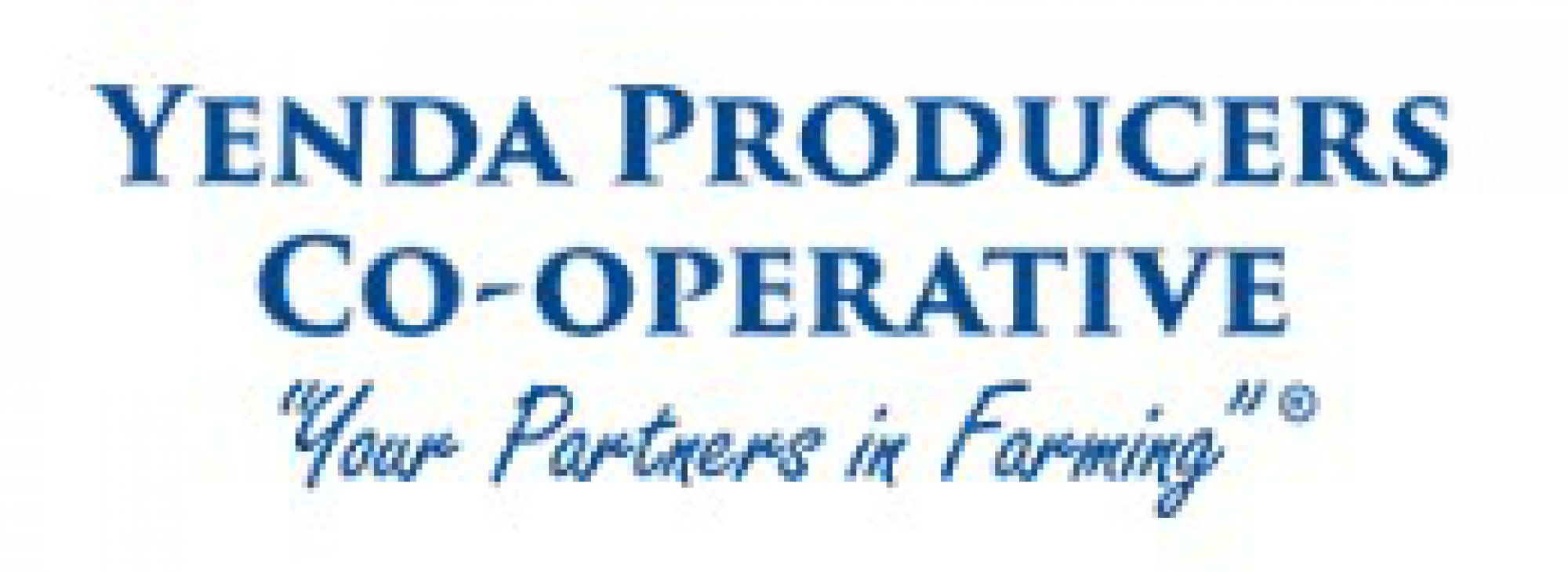 |
 |
CONTACT USEmail: riverinacompendium@gmail.com |
DRAFT
How The Riverina Compendium Supports Students
Are interested or curious about a career in the Agriculture Industry?
The Riverina Compendium has everything you need!!
1.
Education & Study Options Information
There are so many options for employment and careers in agriculture.
Further education will help develop skills and knowledge to ensure you are the best equipped to take on the employment market and ensure your success in the future.
2.
Insights on Opportunities in Agriculture
The agriculture industry is the second largest export industry (after mining in Australia) and is an industry that is always evolving. Understanding the different areas within agriculture and accessing business opportunities can be time consuming and difficult but with the Riverina Compendium information it is clear and simple.
3.
Information Targeted to High School Students
The Riverina Compendium has been designed for students use. Information is updated regularly to ensure it is current and relevant to the Riverina region. There are also links to external sites to provide detailed information for students and parents requiring more information.
4.
pro-active businesses Engagement
Businesses listed in the Business Directory want to connect with students, schools and parents. They understand the importance in investing in education and students. The Riverina Compendium makes interaction and relation building simple and less intimating.
5.